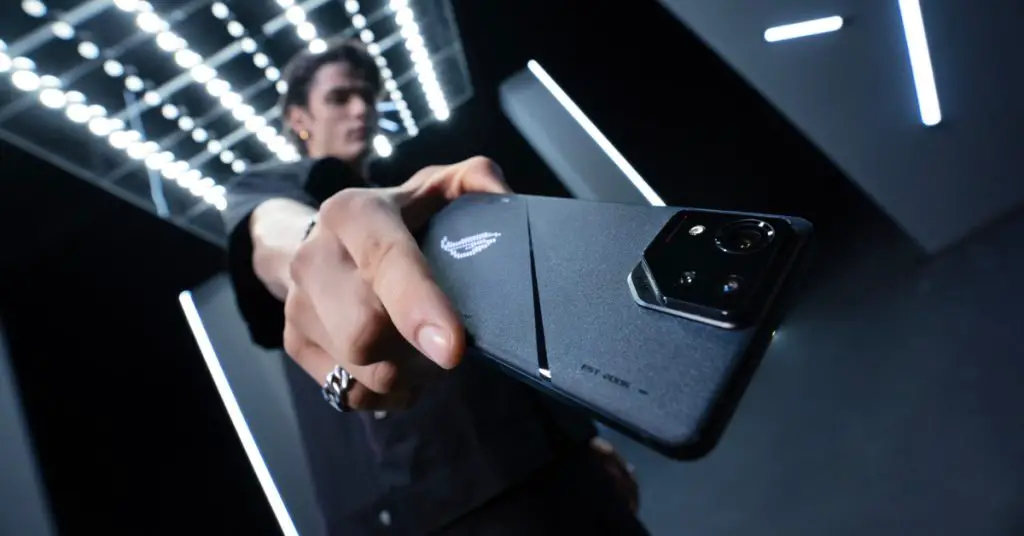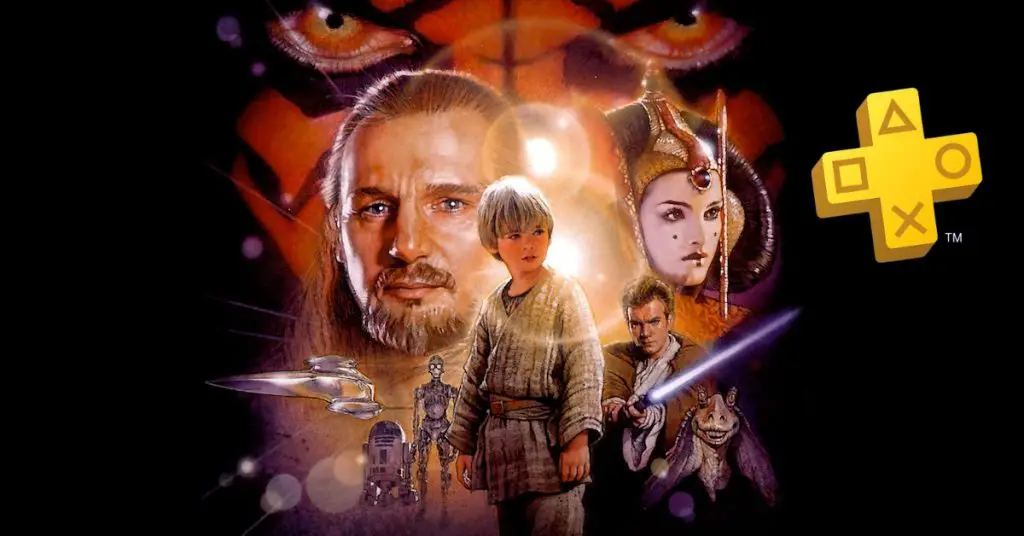Overwatch 2’s Monetization Makeover: Bridging the Gap for Fair Play

Overwatch 2, the highly anticipated sequel to the immensely popular first-person shooter Overwatch, has been met with its fair share of challenges since its release in 2022. One of the most significant concerns voiced by the player community revolves around the game’s monetization strategy, particularly the use of a paid battle pass that can potentially lock new heroes behind a paywall. In this article, we will delve deep into the issues surrounding Overwatch 2’s monetization model, its impact on the player experience, and the recent promises made by the game’s executive producer to address these concerns.
The Battle Pass Grind: A Cause for Concern
Since its launch, Overwatch 2 has grappled with a divisive monetization strategy. While the original Overwatch featured microtransactions in the form of loot boxes, Overwatch 2 opted for a more contemporary approach: free-to-play with a paid battle pass and an in-game store. While this model has proven successful in many live-service games, it has been a subject of controversy in the Overwatch 2 community.
The core issue revolves around the battle pass, particularly its impact on hero accessibility. The paid battle pass, available for 1,000 Overwatch Coins ($10), offers an enticing incentive for players: immediate access to new heroes. Given that Overwatch 2 is a hero-based shooter, quick access to new characters is crucial for players to remain competitive and stay current with the evolving meta of the game. However, this immediate access to heroes comes at a price, and players must fork out real money to gain this advantage.
The Free Path: A Lengthy Journey to New Heroes
While paying for early hero access is an option, players can also choose to follow the free path. The free version of the battle pass allows players to earn new heroes, but it comes with a significant caveat. Players must grind through a staggering 45 tiers to unlock the latest heroes, which is a time-consuming endeavor.
This grind has become a focal point of criticism since Overwatch 2’s launch, with players arguing that it fosters a pay-to-win culture within the game. In a skill-based game like Overwatch 2, mastery of heroes and effective team communication are paramount for success. Having access to heroes that others do not creates an imbalance, as it hinders players’ ability to strategize effectively and counter their opponents’ choices.
Acknowledging the Issue: Overwatch 2’s Executive Producer Speaks Out
Amidst these concerns, Overwatch 2’s Executive Producer, Jared Neuss, recently addressed the battle pass grind and its impact on hero accessibility. In an interview with SVB’s Group Up podcast, Neuss acknowledged the player community’s frustration and expressed a desire to rectify the situation. He stated, “Would I like for every single player to be able to experience a hero the day that a season drops? Yes. Do I think that we will get there? Yes, I do think that we will get there, and we’re actively working towards it right now. Can I talk about the details? No, I can’t.”
This statement offers a glimmer of hope to Overwatch 2 players who have long voiced their concerns about the game’s monetization model. Neuss’s commitment to addressing the issue and his assurance that the development team is actively working towards a solution is a promising sign of change on the horizon.
Monetization Evolution in the Overwatch Franchise
To fully understand the controversy surrounding Overwatch 2’s monetization, it’s essential to trace the evolution of monetization in the Overwatch franchise. The original Overwatch introduced players to loot boxes, a form of microtransaction where players could purchase randomized items. While loot boxes generated revenue for the game, they also faced criticism for promoting gambling-like behavior among players.
With the advent of Overwatch 2, Blizzard Entertainment opted to shift away from loot boxes and adopt a more common monetization model seen in live-service games today. This model includes the game being free-to-play while introducing a paid battle pass and an in-game store.
The Paid Battle Pass Dilemma
The adoption of the paid battle pass was a significant departure from the loot box system. While it eliminated the randomness associated with loot boxes, it introduced a new issue: the paywall for immediate hero access. This model grants players who purchase the battle pass a competitive edge, as they can access and master new heroes before those on the free path.
The controversy surrounding the paid battle pass lies in its potential to create an unequal playing field. Overwatch 2’s core gameplay revolves around team compositions and countering enemy hero choices. Without access to the full hero roster, players on the free path may find it challenging to adapt to the evolving meta and counter the strategies employed by their opponents.
The Impact on Player Experience
The battle pass grind and paid hero access have significant implications for the player experience in Overwatch 2. Players who choose not to purchase the battle pass must invest a considerable amount of time and effort to unlock new heroes. This time-consuming grind can be frustrating and discouraging, potentially driving some players away from the game.
Furthermore, the pay-to-win perception can undermine the competitive integrity of Overwatch 2. In a game where skill and strategy should determine the outcome, the advantage gained through paid hero access disrupts the level playing field and raises questions about the fairness of matches.
The Ups and Downs of Overwatch 2’s Development
Overwatch 2’s journey has been marked by its fair share of ups and downs. The game faced scrutiny and skepticism from the community since its initial announcement, with many players questioning the need for a sequel. The cancellation of the much-anticipated Hero Mode, which was viewed as a primary justification for the sequel, added to the skepticism.
Moreover, Overwatch 2 experienced challenges with updates and content releases that received mixed reception from the player base. These setbacks prompted the development team to work tirelessly to regain player trust and confidence in the game’s future.
The Invasion Update: A Turning Point
One significant turning point in Overwatch 2’s development was the release of the Invasion update in August. This update is widely regarded as the best version of the game to date, as it addressed numerous issues that had persisted since launch. The Invasion update brought improvements to gameplay, balance, and overall player satisfaction.
The positive reception of the Invasion update served as evidence that Blizzard Entertainment was committed to refining Overwatch 2 and actively addressing player concerns. It demonstrated the development team’s dedication to creating a better gaming experience for the community.
The Path Forward: Offering Heroes for Free
Jared Neuss’s recent statement regarding hero accessibility is a promising step forward for Overwatch 2. While specific details remain under wraps, the acknowledgment of player concerns and the commitment to finding a solution indicate that positive changes are on the horizon.
Offering new heroes for free to all players, as hinted by Neuss, would address the pay-to-win perception and create a fairer and more balanced playing environment. It would also demonstrate the development team’s responsiveness to community feedback and its determination to evolve the game in a player-friendly direction.
Conclusion
In conclusion, Overwatch 2’s monetization model, specifically the paid battle pass and its impact on hero accessibility, has been a contentious issue in the game’s community since its release. The debate revolves around fairness, competitiveness, and the player experience. However, the recent statement from Overwatch 2’s Executive Producer, Jared Neuss, offers hope for positive changes in the game’s future.
The evolution of monetization in the Overwatch franchise reflects the industry’s shift away from loot boxes towards more transparent and player-friendly models. The introduction of the paid battle pass in Overwatch 2, while providing revenue, has raised concerns about fairness and balance.
Despite the challenges and setbacks in Overwatch 2’s development, the Invasion update demonstrated the development team’s commitment to improvement. Now, with promises of addressing hero accessibility, Overwatch 2 has the opportunity to regain player trust and create a more inclusive gaming experience for its dedicated community. As the game continues to evolve, players eagerly await further details on the changes that will shape the future of Overwatch 2.


